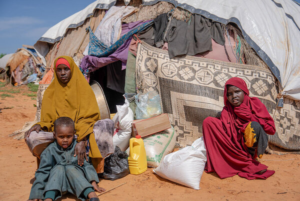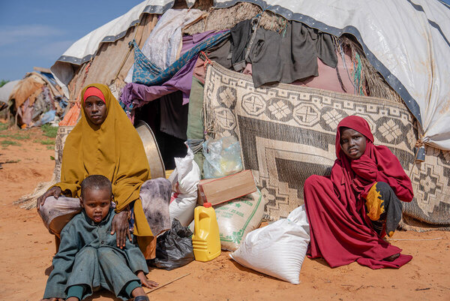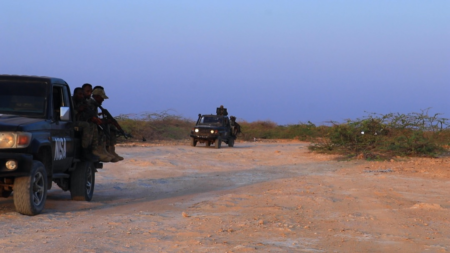Ethiopia’s Air Force Strikes Al-Shabaab in Somalia’s Middle Shabelle region as part of a joint offensive against the militant group. The operation targeted key hideouts, destroying weapon stockpiles and disrupting insurgent movements. Officials report that multiple militants were neutralized, enhancing regional security. Somalia and Ethiopia continue strengthening military cooperation to eliminate terrorist threats.
Ethiopian Air Force Strikes Al-Shabaab Key Positions
The Ethiopian Air Force carried out precision airstrikes targeting Al-Shabaab hideouts in Middle Shabelle, Somalia. Reports indicate that at least three militant bases were hit, leading to the destruction of multiple weapons stockpiles. According to security sources, over 20 militants were neutralized in the operation. The strikes are part of a broader strategy to weaken the group’s operational capabilities in the region.
Impact of the Operation on Al-Shabaab’s Strongholds
The latest offensive has dealt a major blow to Al-Shabaab’s presence in Middle Shabelle. Intelligence reports suggest that the militants have been forced to retreat from key areas, abandoning several supply routes and strategic positions. Local sources confirm that civilians in affected regions have started returning to their homes. The loss of infrastructure and personnel is expected to slow down the group’s ability to launch future attacks.
Regional Cooperation in Counterterrorism Efforts
Somalia and Ethiopia have intensified military cooperation in the fight against Al-Shabaab. Joint operations have increased by 30% in the past year, leading to multiple successful raids on terrorist hideouts. The African Union Transition Mission in Somalia (ATMIS) continues to support both countries with logistical and intelligence assistance. Experts believe that sustained collaboration is crucial for long-term stability in the region.
Future Strategy After Air Force Strikes Al-Shabaab
Following the Air Force Strikes Al-Shabaab operation, military officials have outlined a strategy to prevent the group from regrouping. Plans include strengthening ground patrols, increasing intelligence-sharing, and securing recently liberated areas. Authorities are also working on rebuilding local governance structures to prevent militants from exploiting power vacuums. Experts emphasize that a combination of military action and community engagement is essential for lasting peace.








